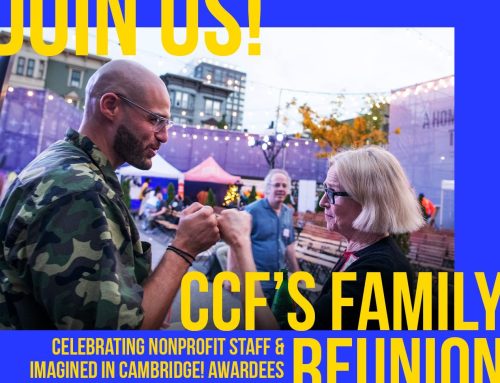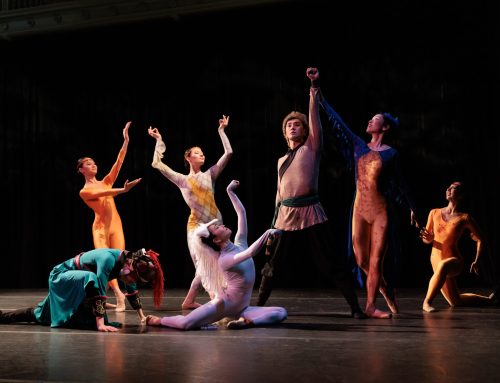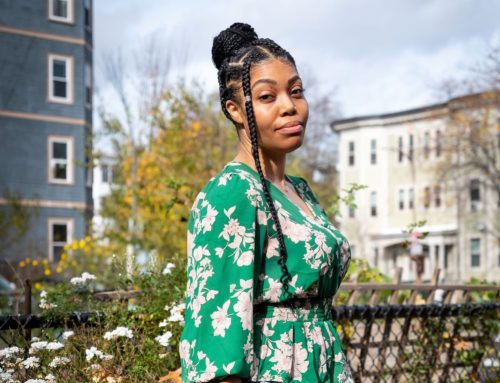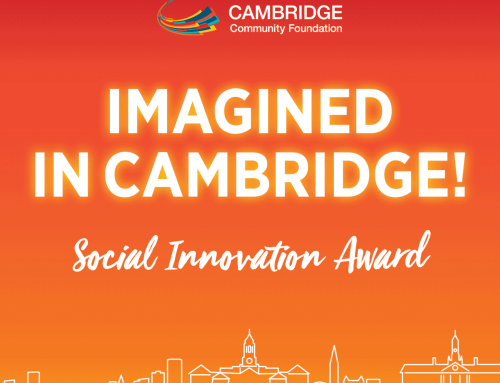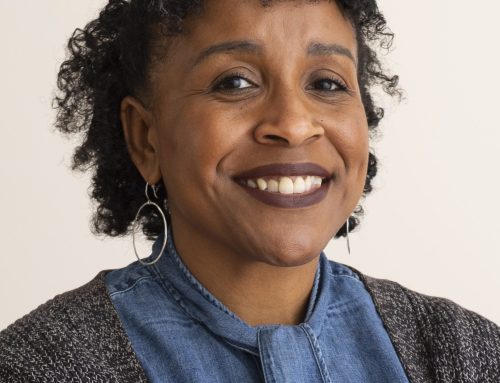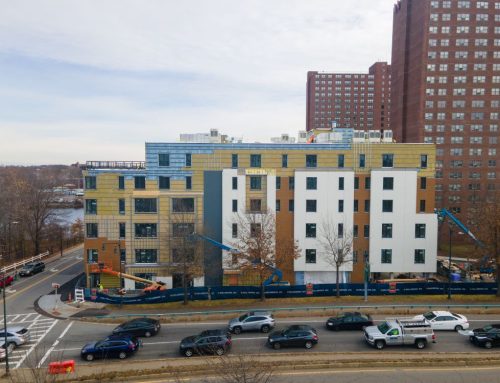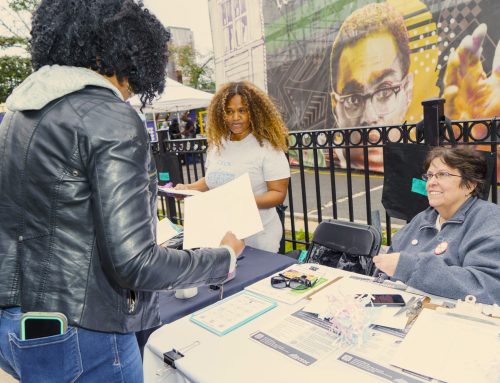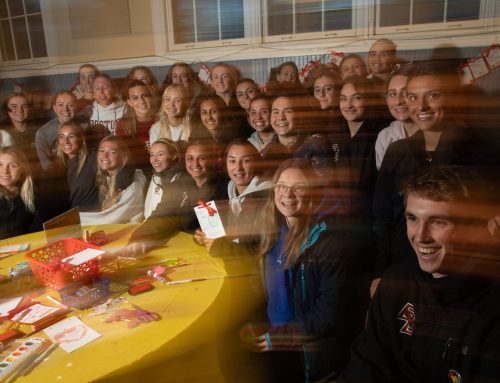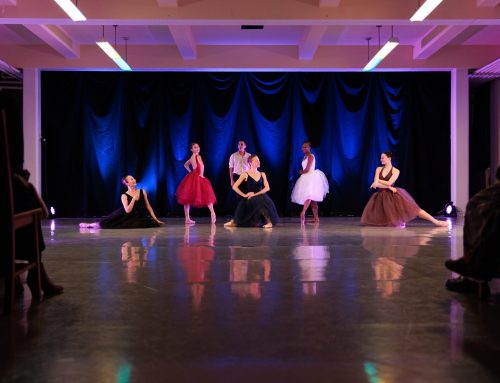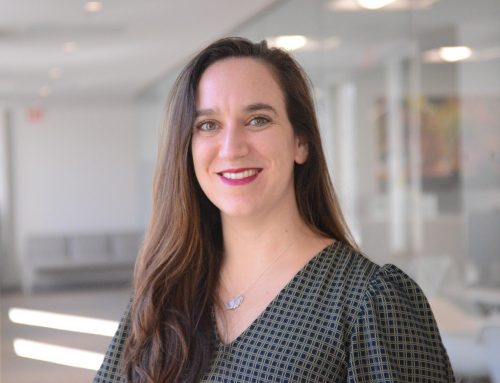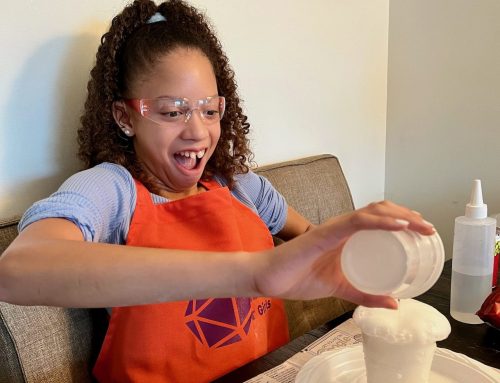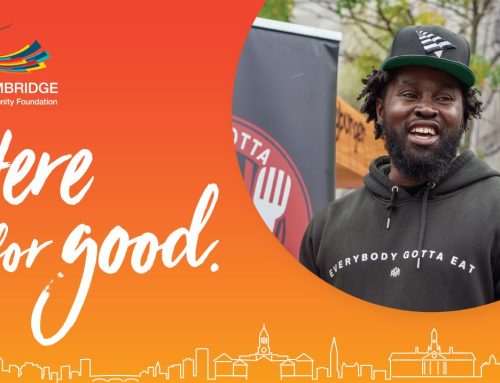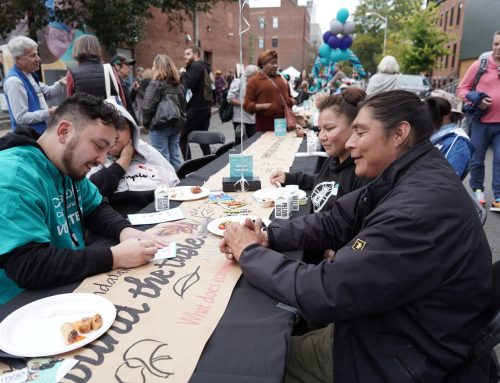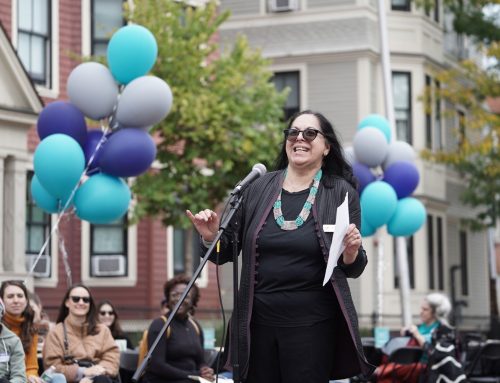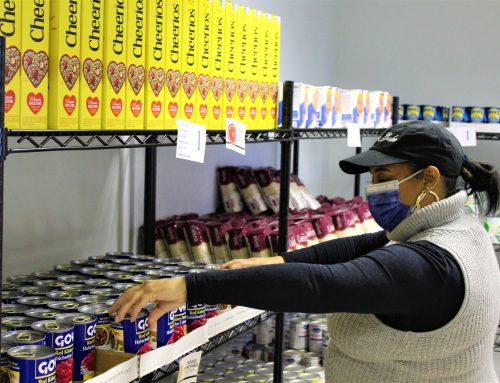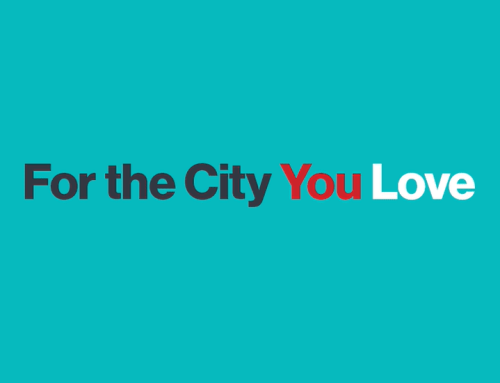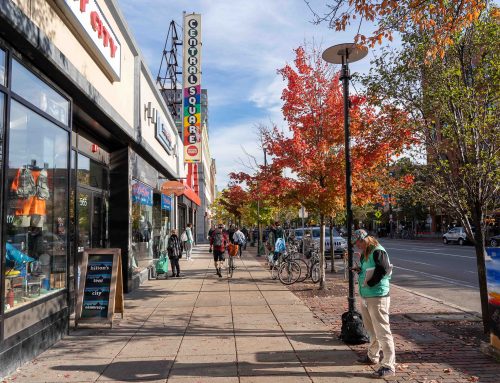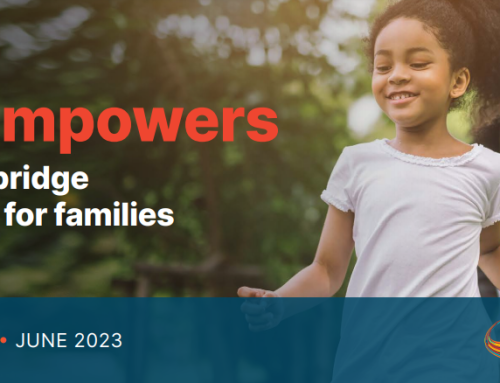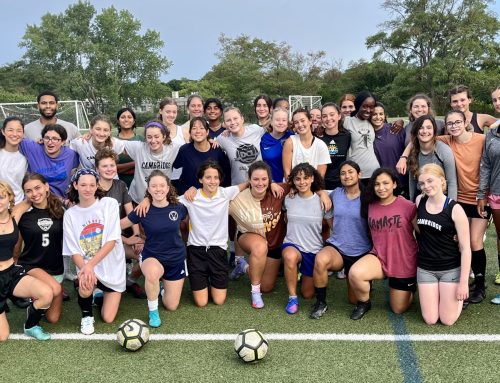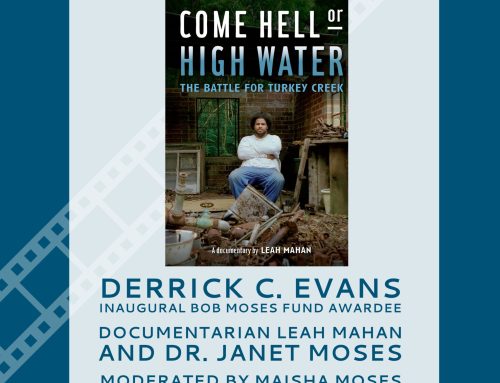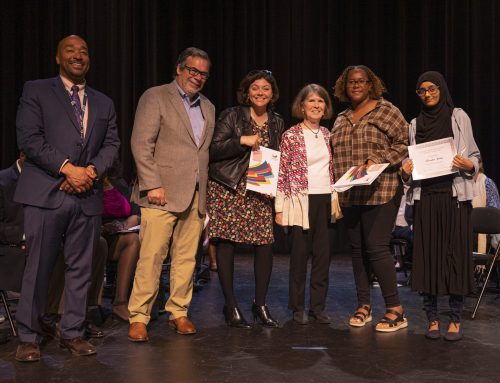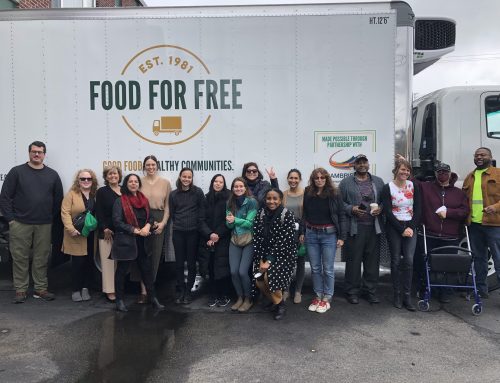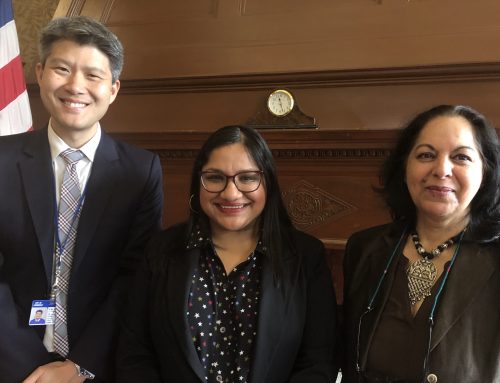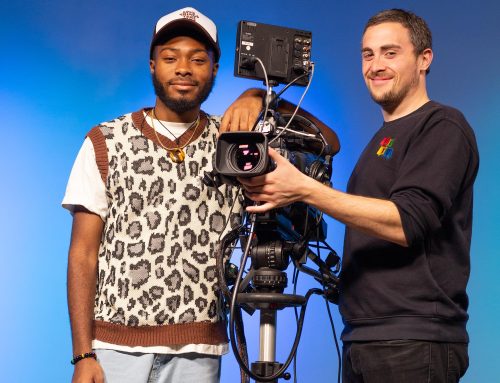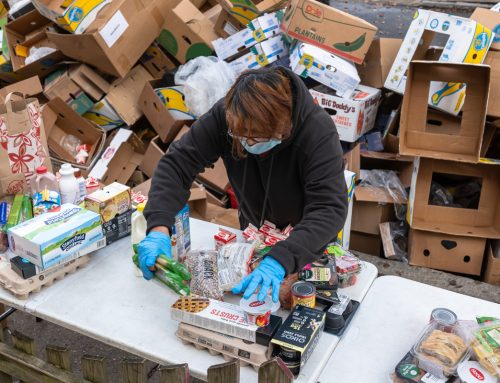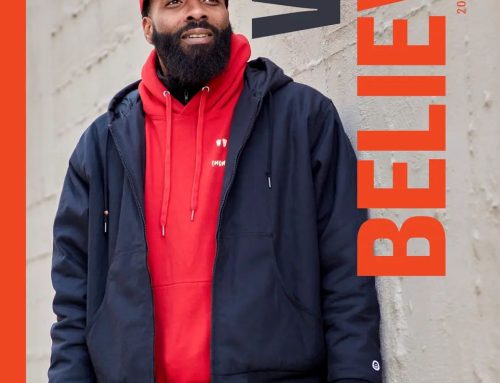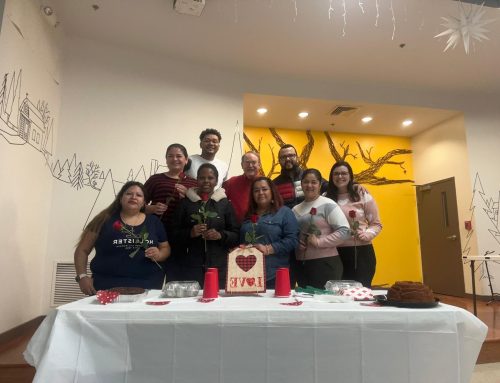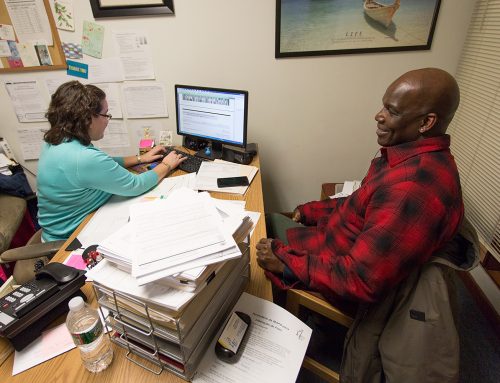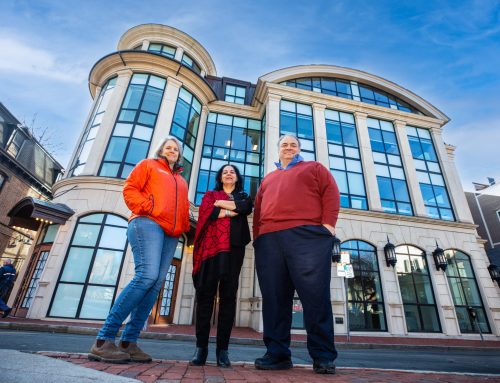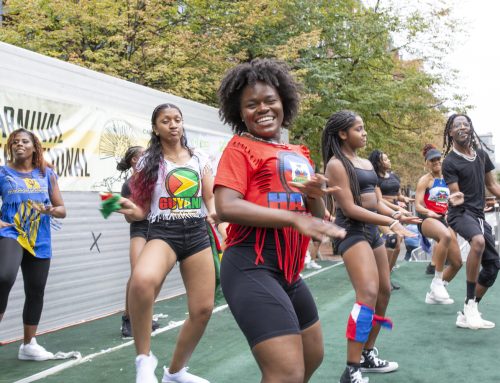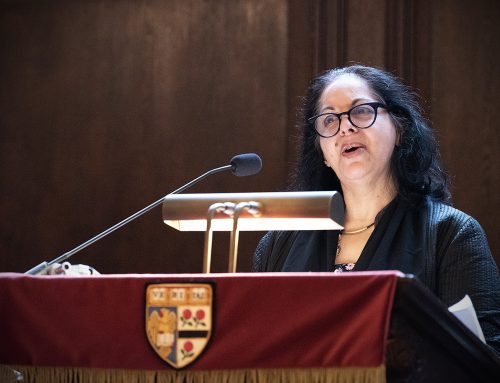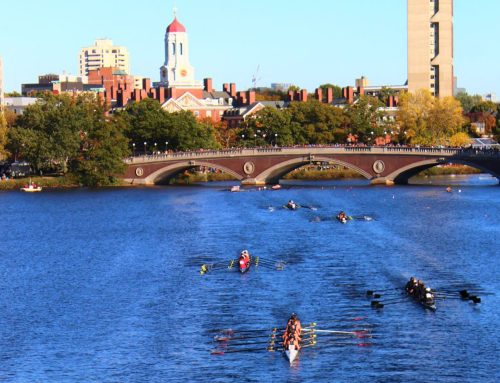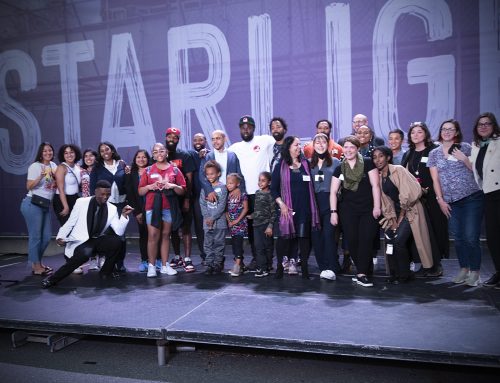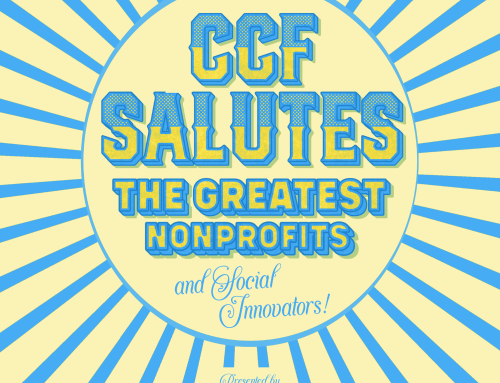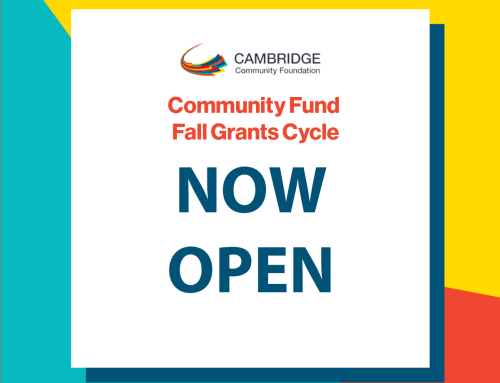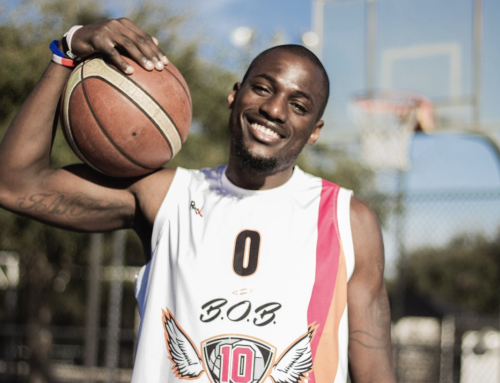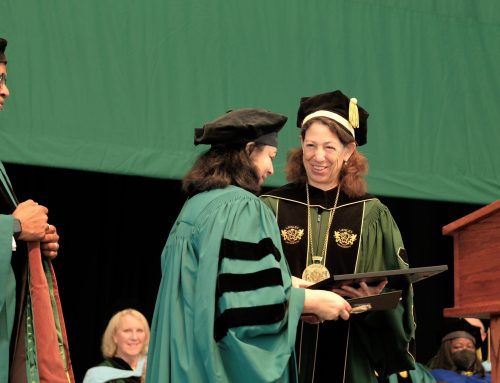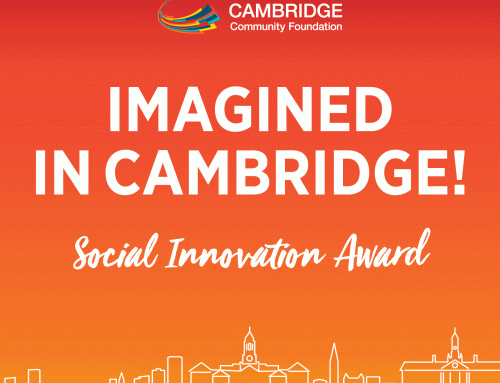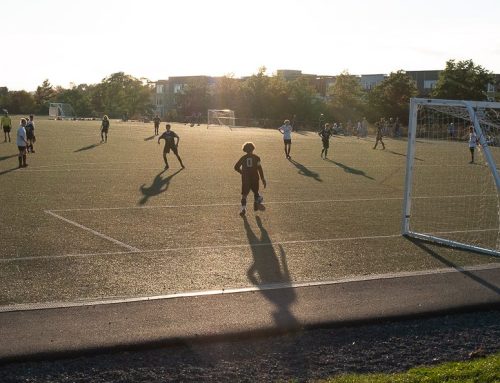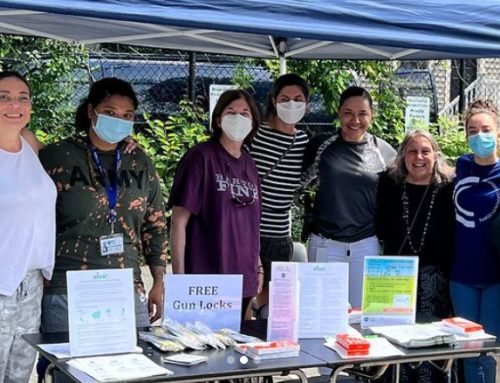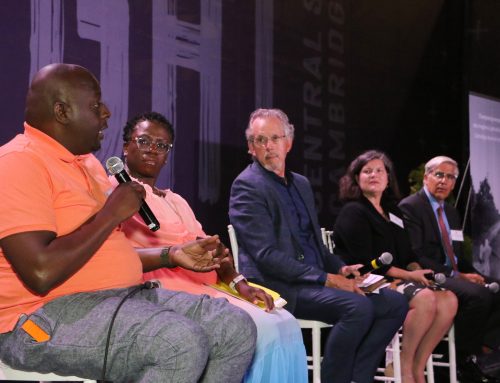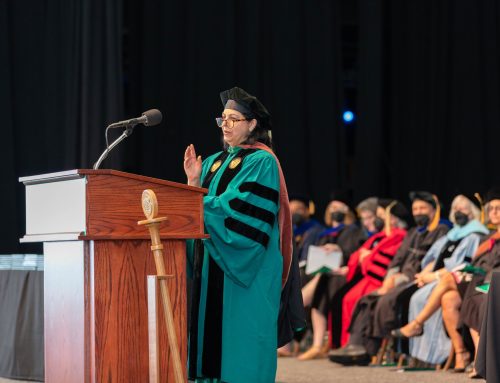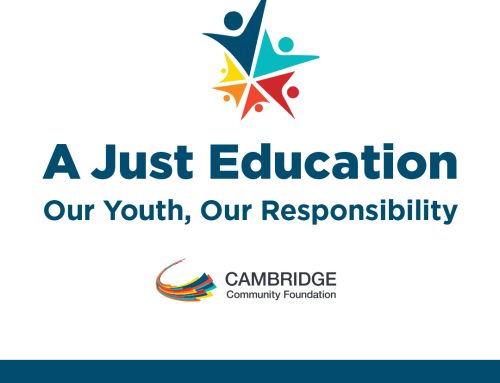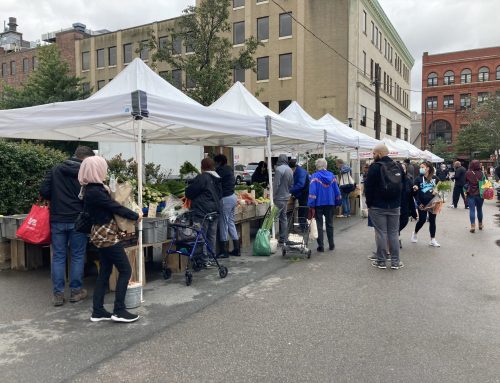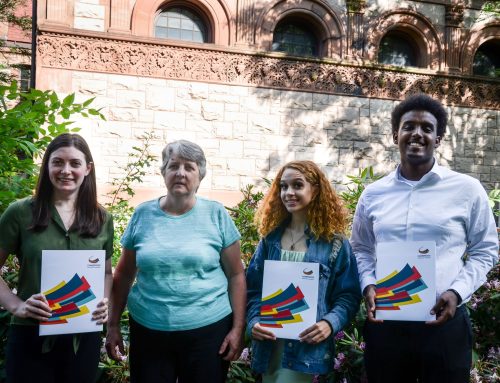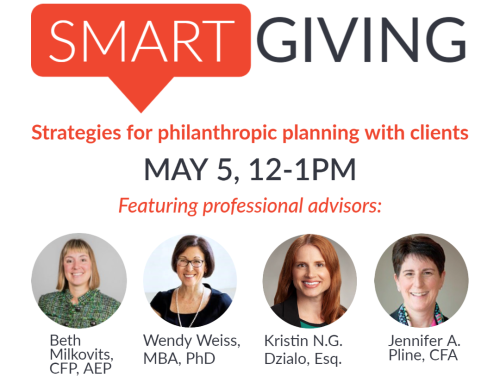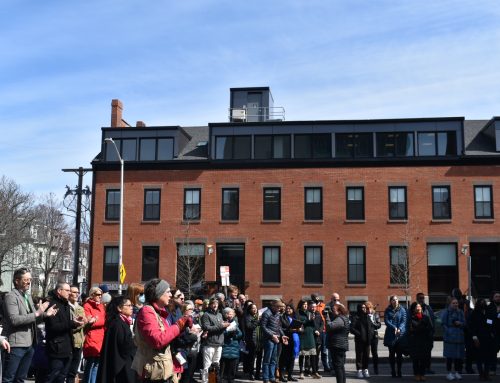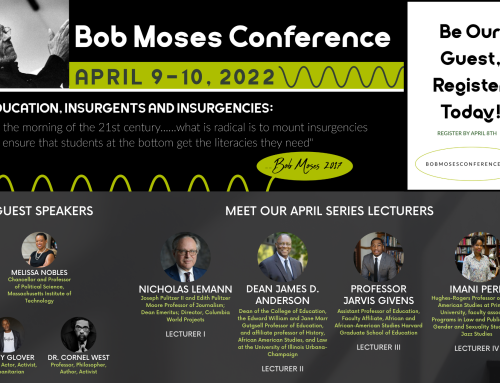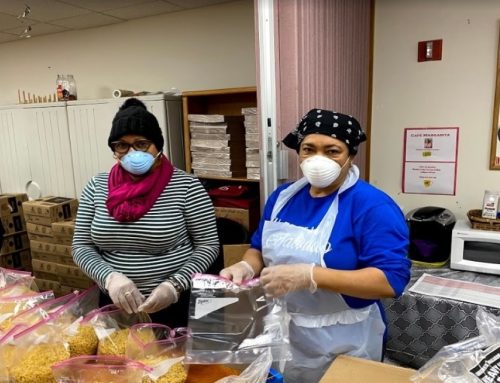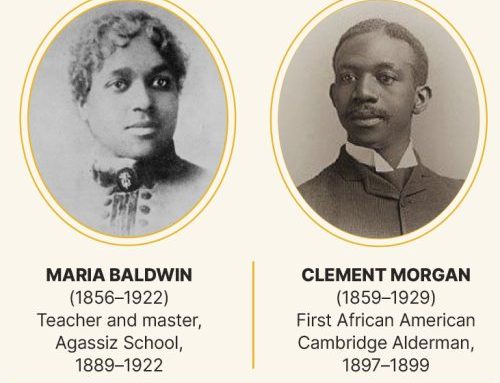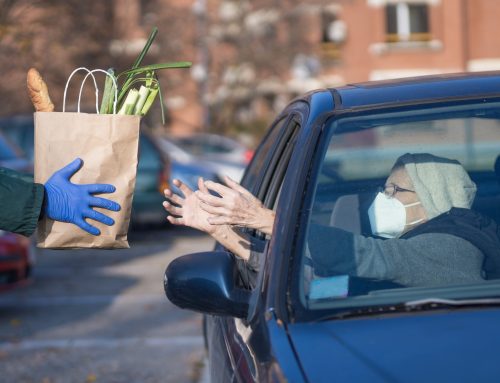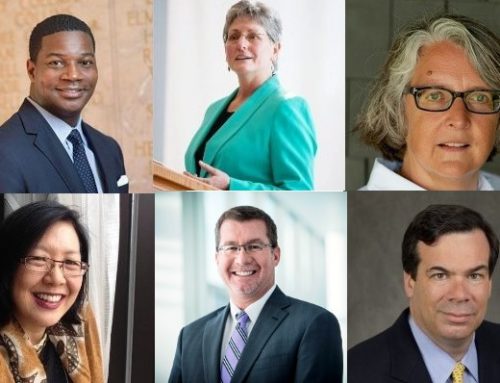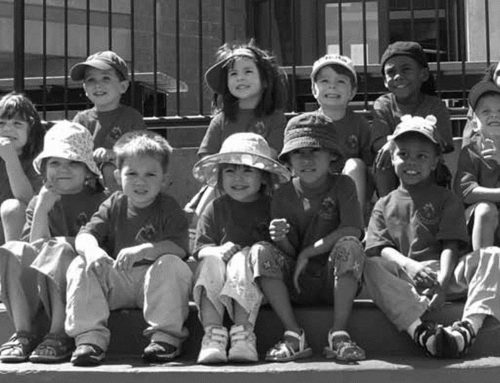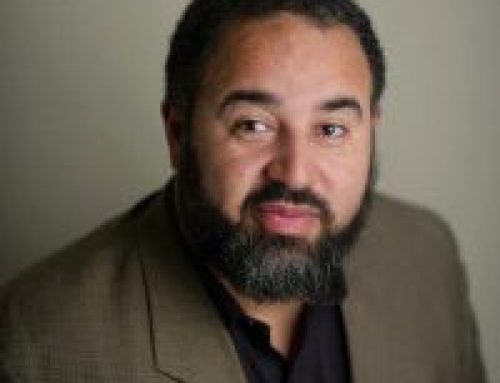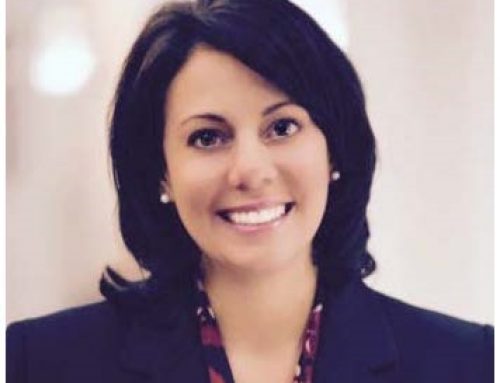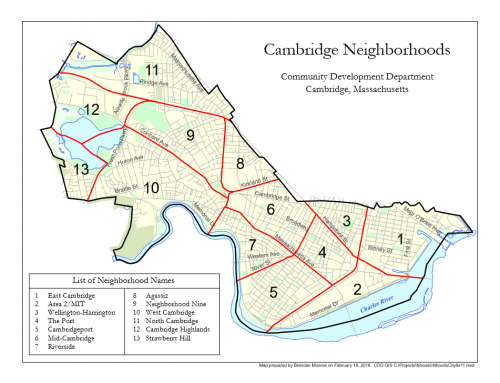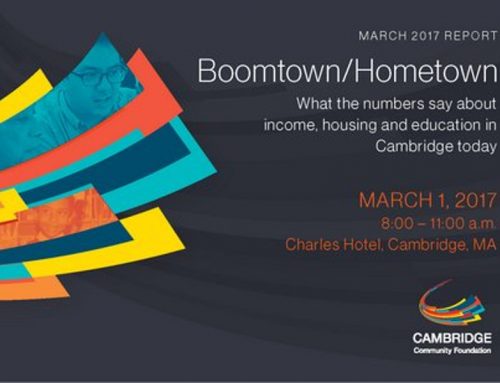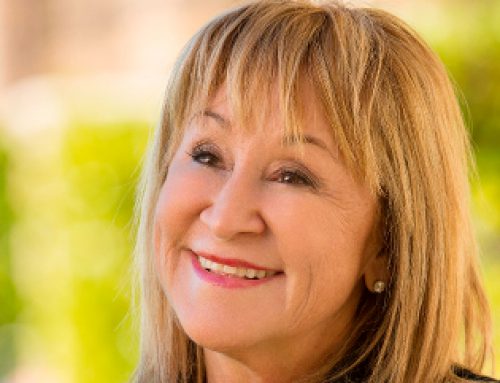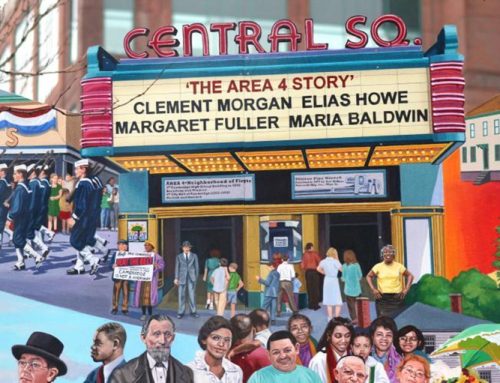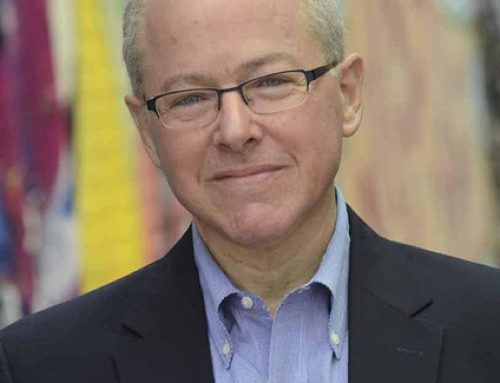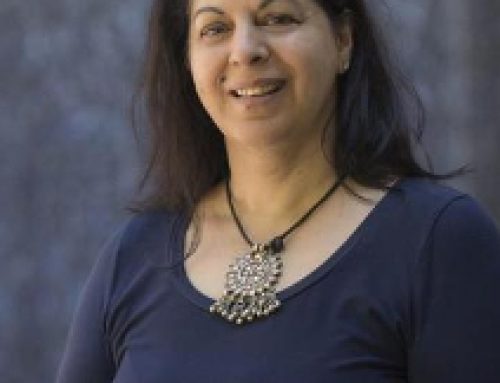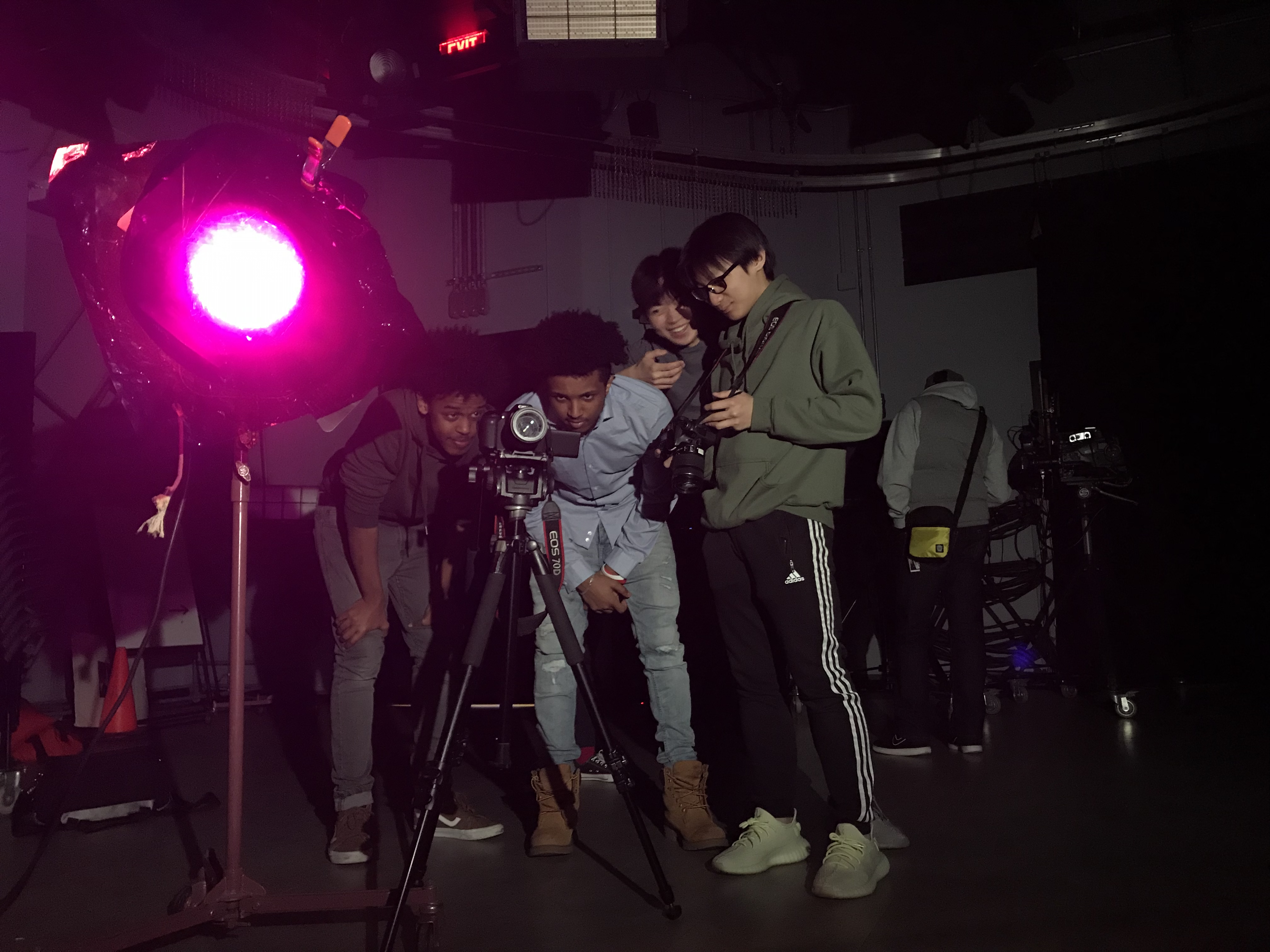
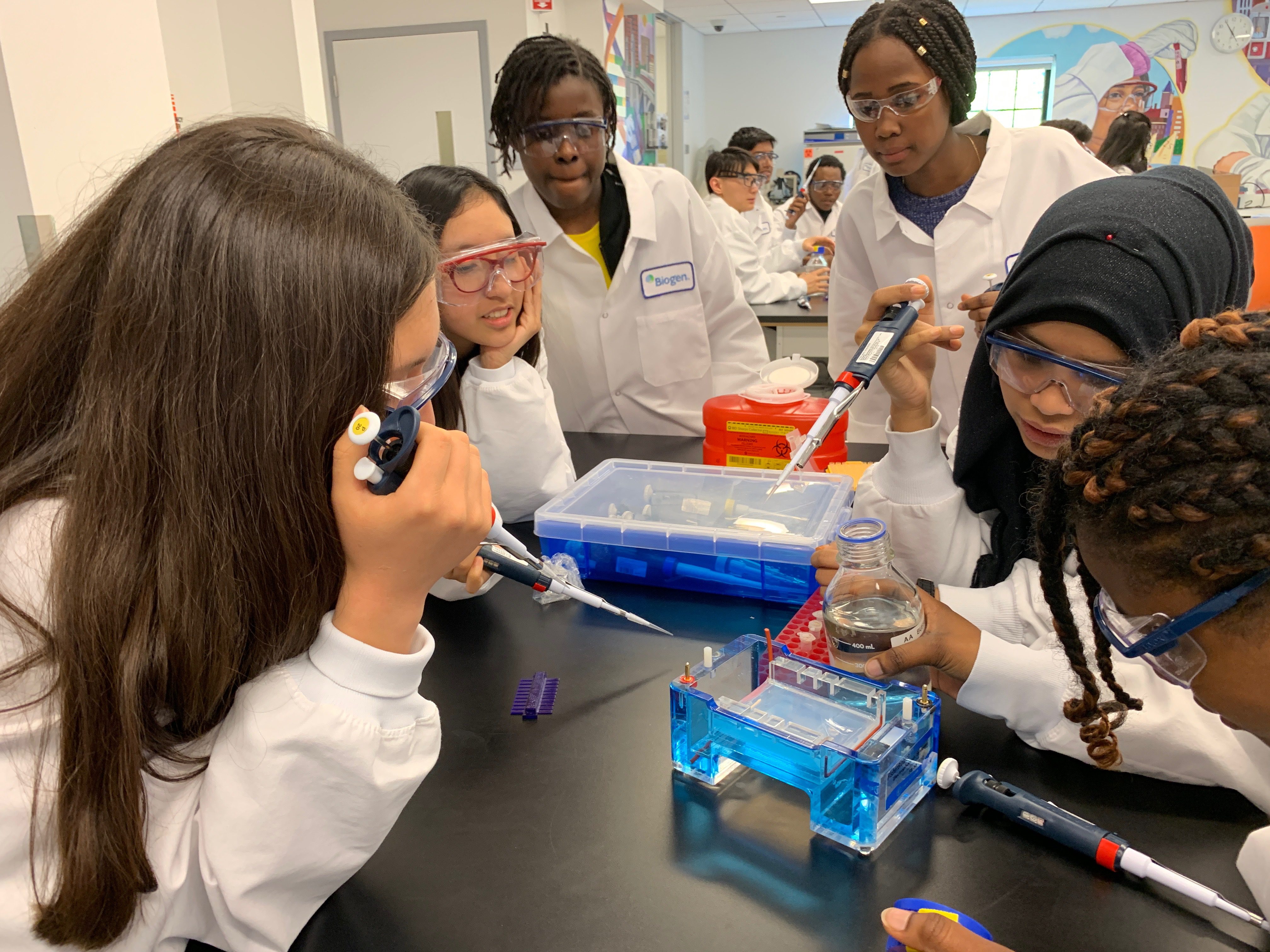
Being a high school student is a challenge, given academic expectations, social-emotional development, and planning for college or a career. It’s even tougher if you aren’t born in this country, you and your family aren’t familiar with the education landscape, and English isn’t your first language. Fortunately, Cambridge students who have immigrated can get support through Enroot, an afterschool program specifically designed to help them through high school and their first two years of college.
Enroot prepares immigrant youth for academic, career and personal success through out-of-school time mentorships, tutoring, internships, and exposure to career paths and professionals. We chatted with Ben Clark, executive director, and Dananai Morgan, director of development and strategic initiatives, about Enroot’s work and goals for this 2019-20 school year.
CCF: Enroot recently expanded its programming to include two years of college support. How is this helping your scholars?
Dananai Morgan: In the past, we were only supporting students through high school. With new funding, we are able to continue our programming through the first two years of college, which is a help because almost all Enroot students are first-gen college students, so many decisions like financial aid and course load are challenges they have to figure out on their own.
There are two core components of our program: 1-on-1 coaching from Enroot staff and mentoring. Our mentors get to know students’ learning and study habits in high school and in college, they know their student well enough to check in informally and ask them, ‘How are things really going?’ With ongoing support from people they know, our college students are better able to handle their needs and challenges.
Ben Clark: Our students are going through a big social-emotional process, moving from their home country, going to high school in Cambridge and then to college; and moving from being part of a dominant race to being in a diverse community with a multicultural identity. Some of our students go on to predominantly white college campuses. Not all our students have a parent or adult who can guide them through these experiences in the way that many middle-income, white students have. Enroot mentors can play that important role.
We have proof points that our model is working: Enroot alumni complete college at nearly three times the rate of other first-gen, immigrant students in Massachusetts.
This school year, who are your students? What are some goals for your programming?
Ben Clark: We have students from 37 countries this year. We’re actively working with 55 college students and plan to work with 190 high school students. We’ve also rallied 300 community members as volunteers and we have a growing group of donors fired up about our mission so we can be bolder and more ambitious in terms of growth goals. Engaging the community and lifting up the experiences of our scholars —whose lives and challenges often aren’t that visible to others — remains a big piece of the work we do.
If we’re serious about equity, then our students need to be spending time with people who share parts of their identity, and who have achieved success.
What are some examples of Enroot students’ career explorations and their impact?
Ben Clark: We recently took 45 students to the Harvard Humanitarian Initiatives office for a panel on careers in medicine, public health, and humanitarian assistance. We visit a number of local companies in Cambridge and Somerville, like Momenta Pharmaceuticals, Ava Robotics, and Biogen. Last week, we had a career panel featuring speakers with an immigrant background pursuing careers in STEAM fields, including a couple Enroot alumni. The goal behind these events is to expose students not only to various career fields but also to professional people who look like them and who can relate to the challenges they’re experiencing. We’re actively cultivating more relationships in the community for this purpose.
Our goal is really to open doors and break down barriers. Our students get involved in work that didn’t exist even a few years ago, and without concerted effort, our students wouldn’t have access to. If we’re serious about equity, then our students need to be spending time with people who share parts of their identity, and who have achieved success.
CCF: Could you share some stories of Enroot alumni?
Ben Clark: Kebrewosen ‘Kiki’ joined Enroot shortly after immigrating to the United States. Enroot placed her in an internship at the Cambridge Community Foundation where she made valuable connections and CCF brokered introductions for employment in medical research. In addition to her academic and professional pursuits, she is producing narratives of immigrants in short documentaries. That was never a path she imagined she would take. But Enroot students have a variety of experiences and relationships, which can rapidly accelerate their English learning and influence how they envision their futures.
We’re so proud to see many Enroot alumni in leadership roles in Cambridge and beyond. One example is Maria Melo, multi-service center director for the city of Cambridge’s Department of Human Service Programs. There’s also Carmen Gomez, who is Chief Probation Officer in Chelsea District Court, and Jean Montout who started as a high school intern with Louis DePasquale, our current city manager. Louis mentored Jean for years, then hired him full-time after college. Jean is now growing his career as a player in the city government.
Tri Ho moved here from Vietnam, went to UMASS Amherst to study engineering, and is thriving in a career with a technology company. He’s lifting up and supporting his parents and family. For the last five years he’s served as a tutor at Enroot and three years ago joined Enroot’s Board of Directors. Tri models for us what we hope is possible for our alumni: student, graduate, mentor, tutor, community leader – that’s the full circle.
Photos courtesy of Enroot.

